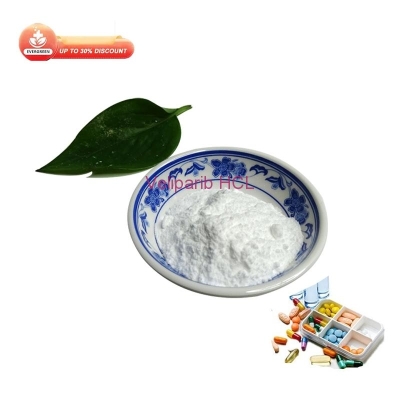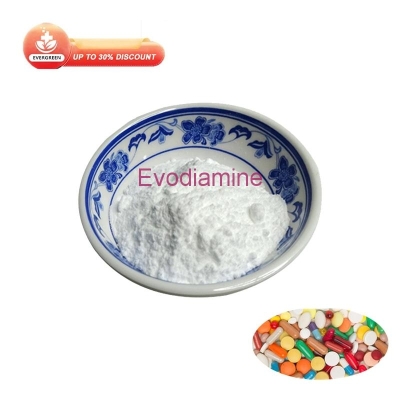-
Categories
-
Pharmaceutical Intermediates
-
Active Pharmaceutical Ingredients
-
Food Additives
- Industrial Coatings
- Agrochemicals
- Dyes and Pigments
- Surfactant
- Flavors and Fragrances
- Chemical Reagents
- Catalyst and Auxiliary
- Natural Products
- Inorganic Chemistry
-
Organic Chemistry
-
Biochemical Engineering
- Analytical Chemistry
- Cosmetic Ingredient
-
Pharmaceutical Intermediates
Promotion
ECHEMI Mall
Wholesale
Weekly Price
Exhibition
News
-
Trade Service
Endometrial cancer occurs primarily in postmenopausal women between the ages of 50 and 60 and is one of the most common gynecological cancers, ranking fourth in incidence of cancer among women and eighth in age-adjusted mortality
The therapeutic effect of endometrial cancer depends on its histological features, disease grade and stage
At the 2022 AACR Annual Meeting, data from the ENDOLA trial (NCT02755844) showed that olaparib in combination with cyclophosphamide and metformin demonstrated favorable disease progression-free rates in patients with recurrent advanced or metastatic endometrial cancer
metformin
ENDOLA is a phase 1/2 open-label, dose-escalation trial evaluating olaparib in combination with cyclophosphamide and metformin metronomic therapy in elderly patients with multiple prior therapy for recurrent advanced endometrial cancer
During the dose escalation phase of ENDOLA, olaparib was started at 150 mg twice daily in Cycle 1 and escalated to 300 mg twice daily
In the phase 1 study, dose-limiting toxicities occurred in 5.
immunity
Notably, the median age was 69 years (46-80 years), and more than half of the patient population had received at least 4 lines of prior therapy (4-5 lines, 25.
In the Phase 2 portion of the trial evaluating this dose, the 10-week progression-free rate in 14 evaluable patients was 61.
In addition to determining the recommended dose for the Phase 2 trial of the triplet, other primary endpoints in the Phase 1 portion of the study were safety, dose-limiting toxicity and treatment-related adverse reactions (TRAEs)
TRAEs were observed in more than 10% of evaluable patients
Twelve patients (38%) had dose reductions, nine of whom had at least two reductions
In the phase 2 portion, investigators assessed progression-free rates at 10 weeks
A notable secondary endpoint of the Phase 2 portion was progression-free survival (PFS)
The investigators further compared the PFS data with data from the KEYNOTE-755 trial (NCT03517499) in which patients with advanced endometrial cancer who had received at least 1 prior platinum-based chemotherapy regimen received 20 mg of lenvatinib (Lenvima) Oral once daily plus pembrolizumab (Keytruda) 200 mg intravenously every 3 weeks (n=411), or chemotherapy of physician's choice (n=416)
leave a message here







